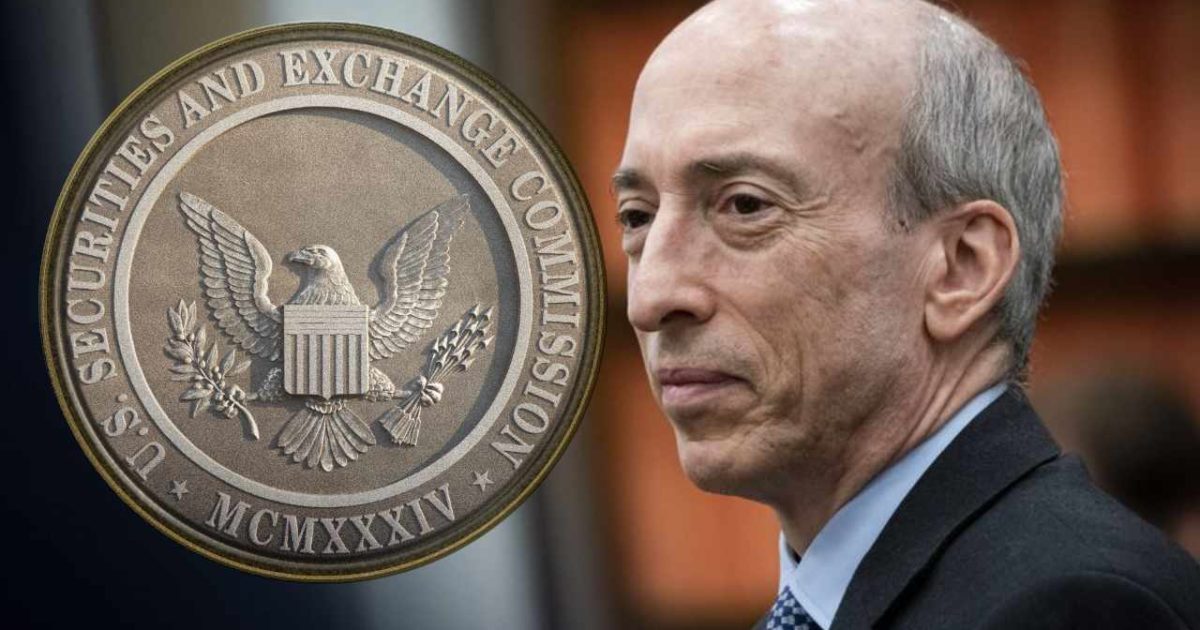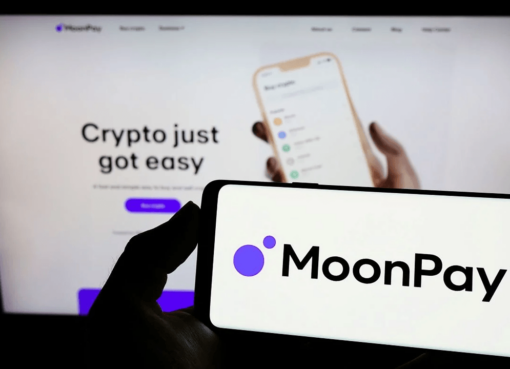Ripple CEO Brad Garlinghouse has slammed Securities and Exchange Commission (SEC) Chairman Gary Gensler for claiming that he has the authority to determine which crypto tokens are securities, rather than relying on the legislation that governs his agency’s power. “It’s time for elected officials in the U.S. to take notice,” the Ripple executive stressed.
Ripple’s CEO Slams SEC Chair Gensler Over What’s a Security
The CEO of Ripple Labs, Brad Garlinghouse, has criticized the chairman of the U.S. Securities and Exchange Commission (SEC), Gary Gensler, for dictating which crypto tokens are securities. Garlinghouse tweeted Thursday:
For the Chair of the SEC to assert that he dictates what is a security — and not the legislation from which his agency derives its power — is beyond comprehension. It’s time for elected officials in the U.S. to take notice.
“When you behave like an autocrat running a $2.2B bloated agency, why would you ever want to provide clarity about what’s ‘in or out’? Without clear jurisdiction, ambiguity masquerades as power,” Garlinghouse cautioned.
The Ripple executive made this statement in reaction to Gensler’s claim that the current securities laws “cover most of the activity that’s happening in the crypto markets.” The SEC chief was quoted as saying: “If Congress were to act, though I don’t think we need these authorities, not to undermine inadvertently through definitions of what’s in or out, or in essence allowing for conflicts that we don’t allow.” Gensler warned:
I think many of the legislative vehicles would, if adopted, undermine the securities remit.
Since the SEC filed a lawsuit against Ripple, Garlinghouse, and co-founder Chris Larsen in December 2020, the company has been embroiled in a legal dispute with the securities regulator. The SEC claimed that XRP is a security, but Ripple and Garlinghouse have consistently argued that it is not.
On several occasions, Gensler has emphasized the importance of cryptocurrency exchanges and lending platforms coming in to discuss how to be compliant with the SEC. However, Garlinghouse has accused the securities watchdog of holding meetings with crypto companies primarily for the purpose of generating leads for its Enforcement Division. There have also been widespread complaints that the SEC does not provide clear regulatory guidelines, making it difficult for companies in the crypto space to ensure compliance.
Recently, the Nasdaq-listed crypto exchange Coinbase received a Wells notice from the SEC regarding potential violations of the securities law. The company noted in its response: “The SEC will not let crypto companies ‘come in and register’ — we tried.” Meanwhile, Gensler has repeatedly expressed the view that all crypto tokens, apart from bitcoin, are considered securities.
What do you think about Gensler trying to dictate what is a security? Let us know in the comments section below.
Image Credits: Shutterstock, Pixabay, Wiki Commons
Disclaimer: This article is for informational purposes only. It is not a direct offer or solicitation of an offer to buy or sell, or a recommendation or endorsement of any products, services, or companies. Bitcoin.com does not provide investment, tax, legal, or accounting advice. Neither the company nor the author is responsible, directly or indirectly, for any damage or loss caused or alleged to be caused by or in connection with the use of or reliance on any content, goods or services mentioned in this article.




